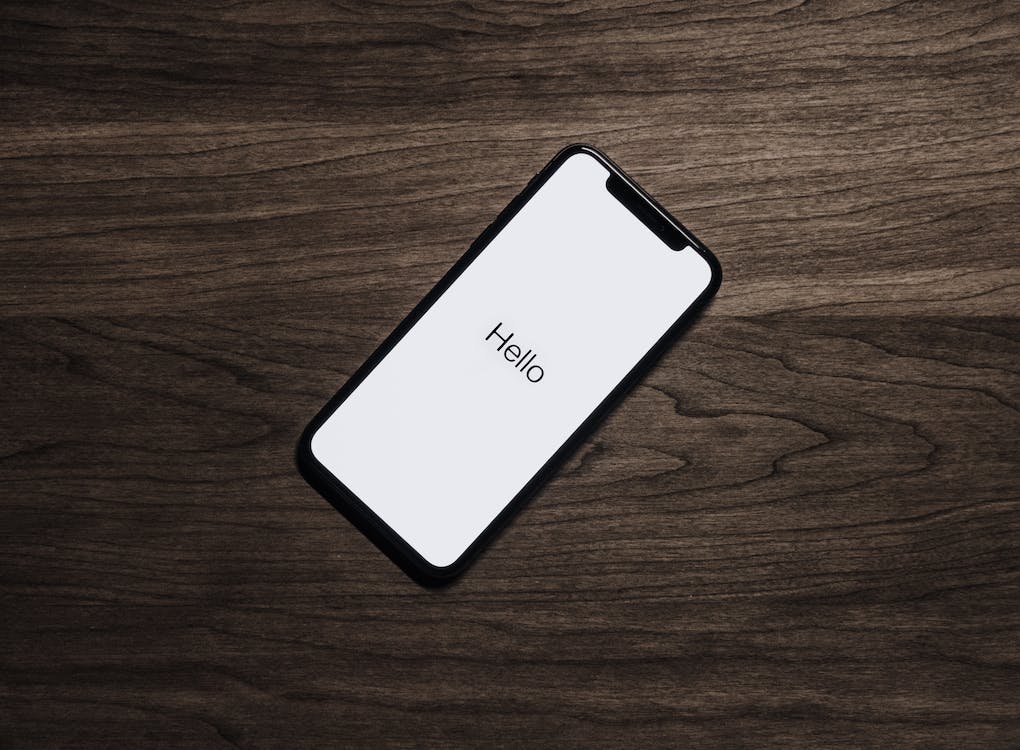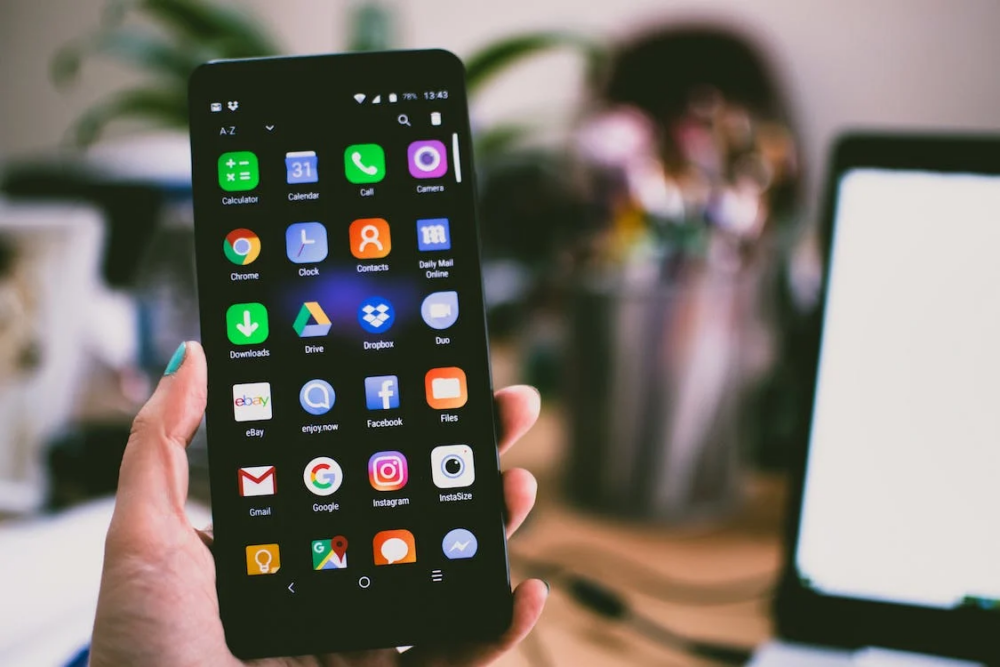
In the era where digital interactions and transactions have become the norm, ensuring app security and privacy has taken center stage. With an ever-growing array of apps handling sensitive information, users’ trust in these applications has become paramount. As the digital landscape evolves, it’s crucial to adopt robust security measures and privacy best practices to safeguard user data and establish credibility. In this post, we will delve into the essential strategies that app developers and businesses need to implement to build and maintain trust in the digital age, with a focus on the role of call-tracking.org in reinforcing these security efforts.
1. Implement Strong Data Encryption:
Data breaches can have severe consequences for both users and app providers. Implementing strong encryption mechanisms ensures that data remains secure even if unauthorized parties gain access. Using industry-standard encryption protocols, such as SSL/TLS, for data transmission and storage is a fundamental step in protecting sensitive information. For instance, call-tracking.org employs robust encryption methods to safeguard call data, contributing to overall data protection.
2. Regular Security Audits and Penetration Testing:
Periodic security audits and penetration testing help identify vulnerabilities and potential threats in an app’s infrastructure. By actively seeking out weaknesses and addressing them before malicious actors exploit them, developers can enhance the app’s security posture. Call-tracking.org provides auditing features that can be instrumental in assessing the security of call data and associated systems.
3. Obtain User Consent for Data Collection:
Transparency is key to building trust with users. Obtain explicit consent from users before collecting any form of data, be it personal information or usage patterns. Clearly outline what data will be collected, how it will be used, and who will have access to it. With call-tracking.org, obtaining user consent and ensuring compliance with data privacy regulations can be seamlessly integrated into your app’s workflow.
4. Regular Updates and Patch Management:
Cyber threats evolve rapidly, and vulnerabilities that were once secure can become exposed over time. Regularly updating the app and promptly patching vulnerabilities helps prevent unauthorized access and data breaches. A proactive approach to updates shows users that you are committed to their security. Call-tracking.org ensures that its platform is regularly updated to address emerging security concerns.
5. Secure Authentication and Authorization:
Implementing strong authentication and authorization mechanisms is vital to prevent unauthorized access to user accounts. Multi-factor authentication (MFA) and role-based access control (RBAC) add layers of security, ensuring that only authorized users can access sensitive data. Integrating call-tracking.org into your app’s authentication process can help enhance security by ensuring that only authorized individuals can access call data.

6. Data Minimization:
Collect only the data that is necessary for the app’s functionality. Avoid storing excess user information to reduce the impact of a potential breach. By practicing data minimization, the potential risk in case of a breach is significantly mitigated. Call-tracking.org provides tools that allow you to collect and manage only the necessary call data, reducing exposure to unnecessary risks.
7. Transparency in Data Handling:
Users value transparency when it comes to how their data is handled. Create a comprehensive privacy policy that clearly outlines how data is collected, used, shared, and stored. Make this policy easily accessible to users within the app. Integrating call-tracking.org with transparent data handling practices can provide users with confidence that their call data is being managed responsibly.
8. Employee Training and Awareness:
Human error remains a significant contributor to data breaches. Conduct regular training sessions to educate your employees about security best practices and the importance of safeguarding user data. Ensure that your team understands the potential risks and how to mitigate them effectively. Call-tracking.org’s training resources can assist your team in understanding how to handle call data securely.
9. Compliance with Data Privacy Regulations:
Adhering to data privacy regulations such as GDPR, CCPA, and HIPAA (where applicable) is crucial for building trust. Ensure that your app’s data practices align with the legal requirements of the regions you operate in. Call-tracking.org provides features that enable compliance with various data privacy regulations, facilitating a seamless integration of legal requirements into your app’s operations.
10. Incident Response Plan:
Despite the best efforts, security incidents may still occur. Having a well-defined incident response plan in place can help minimize damage and expedite recovery. This plan should outline the steps to be taken in the event of a breach, including communication strategies with affected users. Call-tracking.org can provide insights into potential breaches, facilitating a faster response to any security incidents involving call data.
In conclusion, the digital age presents both opportunities and challenges for app developers and businesses. Building and maintaining trust through robust app security and privacy practices is paramount to success. By implementing strong encryption, conducting regular security audits, obtaining user consent, and adopting other best practices, app providers can safeguard user data and establish credibility. The role of call-tracking.org in enhancing app security efforts cannot be understated. By integrating its features, developers can bolster their security measures, inspire user trust, and navigate the digital landscape with confidence.


